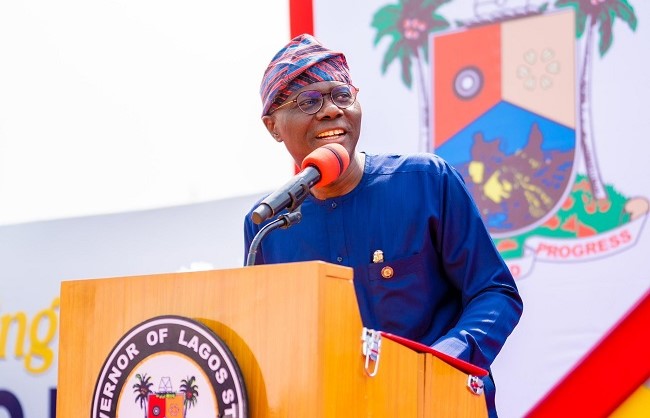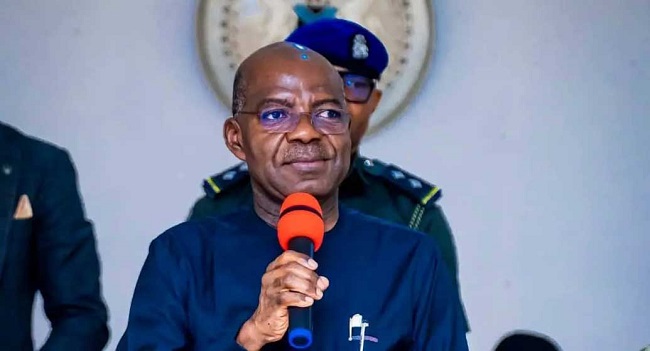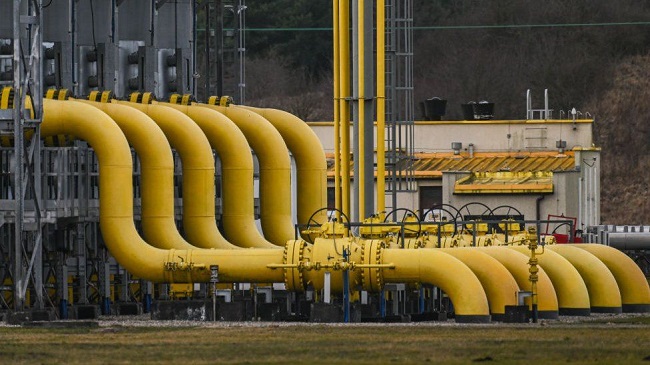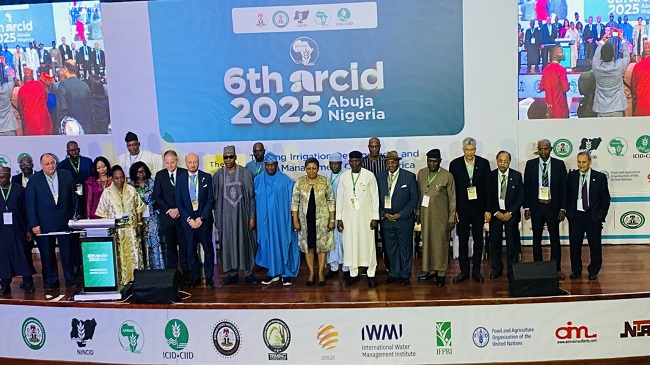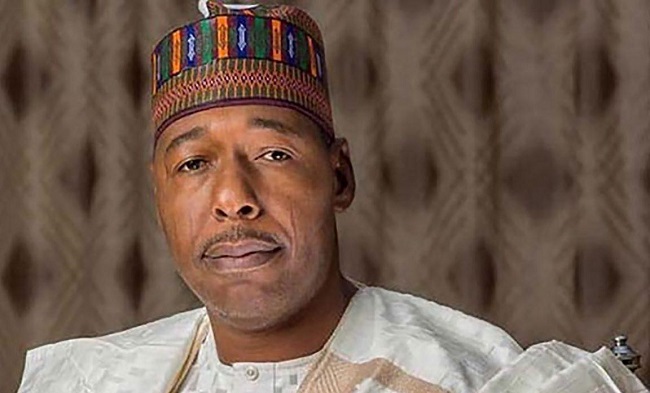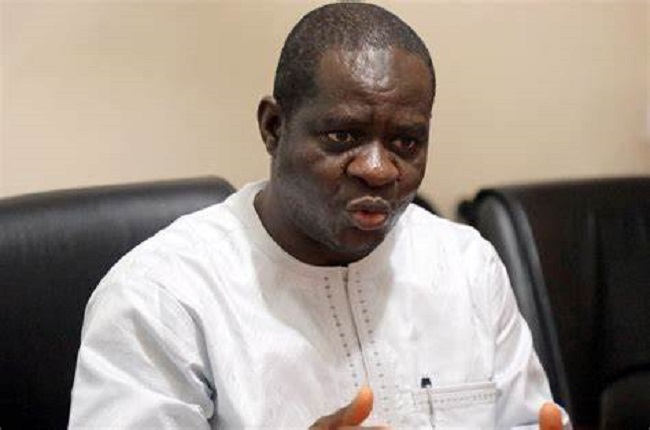The Nigerian Navy has uncovered eight illegal bunkering sites at Obe-Akinboye sea-side community in Ilaje Local Government Area of Ondo State.
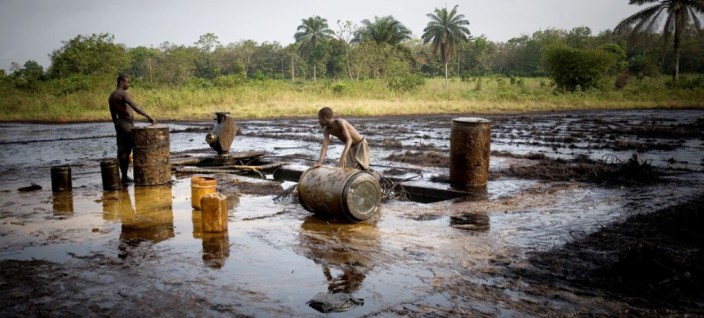
Capt. Aliyu Usman, the Commanding Officer, Forward Operating Base (FOB), Igbokoda, disclosed this to newsmen on Tuesday, April 15, 2025, in Igbokoda.
He said that the operation against maritime crime which was executed by personnel of the base took place on Tuesday around 3.00a.m.
Usman said that the discovery was made possible through “a robust intelligence network” and the vigilance of naval personnel in their fight against maritime crime, illegality and economic sabotage within their area of operation.
Usman noted that once intelligence was received about the illegal refining camps, the base Quick Response Team stationed at a nearby Naval Security Outpost was immediately mobilised to conduct the raid.
According to him, the perpetrators flee the area upon sighting the Naval team, abandon the illegal sites.
“Upon inspection, the team uncovered eight illegal refining camps containing several storage tanks and reservoirs filled with an estimated 50,000 litres of stolen crude oil.
“In addition, the camps were equipped with crude oil theft-related equipment, including three wooden boats used to convey the stolen products, pumping machines, and discharge pipes.
“The eight illegal refining sites and associated items were handled in accordance with extant directives from Defence Headquarters,” Usman said.
He, however, issued a stern warning to criminals and economic saboteurs operating in the maritime domain to desist from their activities.
Usman reaffirmed the Navy’s commitment to zero-tolerance stance on maritime criminality and crude oil theft.
“Our operation aligns with the directive of Chief of the Naval Staff, Vice Admiral Emmanuel Ikechukwu-Ogalla (Admiralty Medal).
“The directive was for naval bases to ensure the safety and security of the nation’s waters and actively pursue those undermining Nigeria’s maritime resources,” Usman added.
By Aderemi Bamgbose

